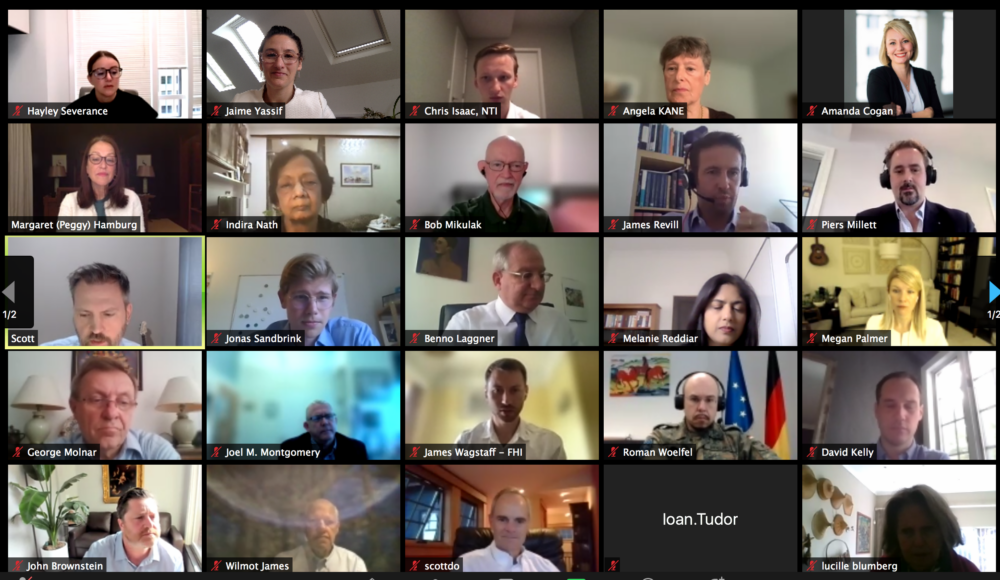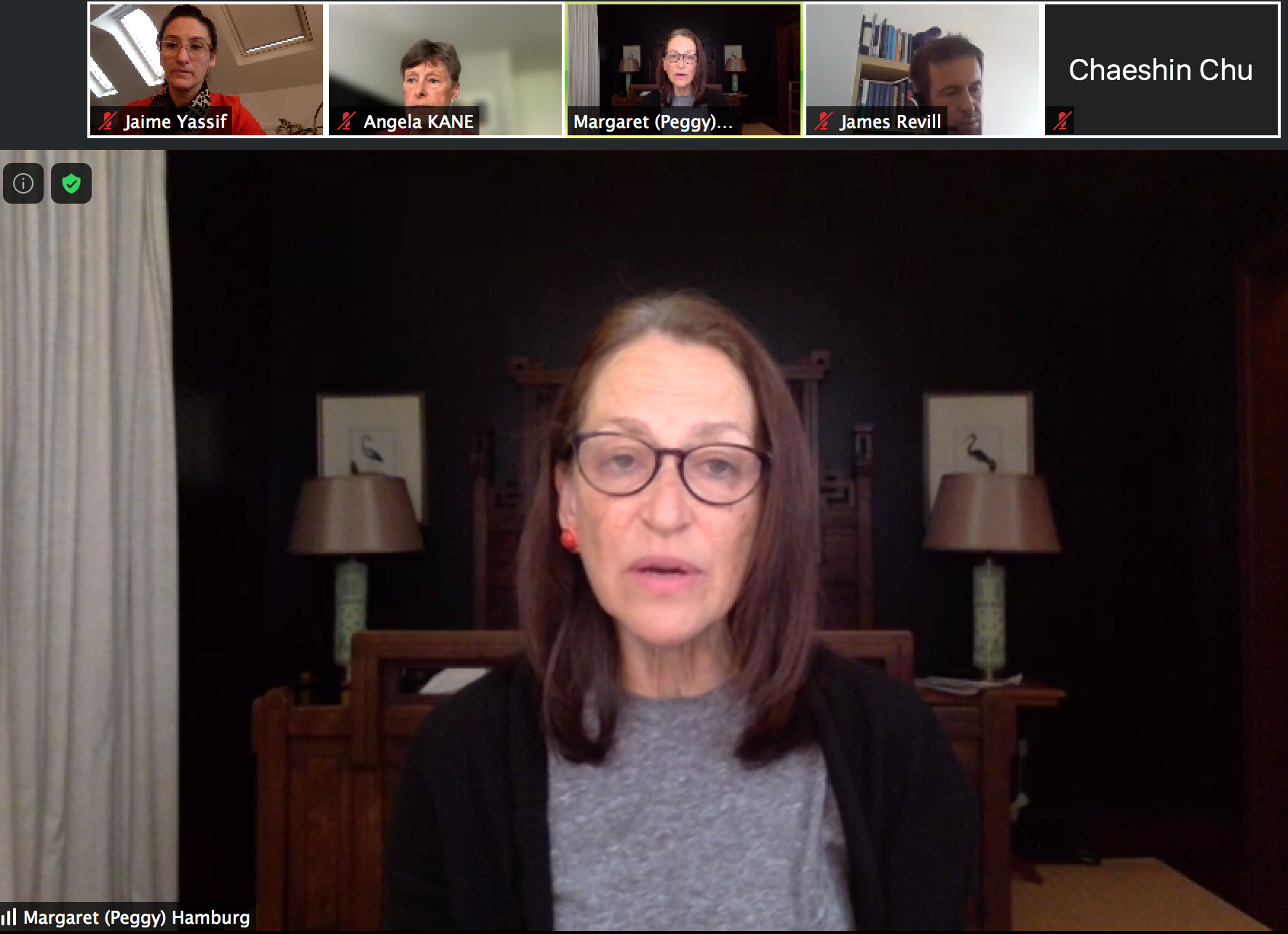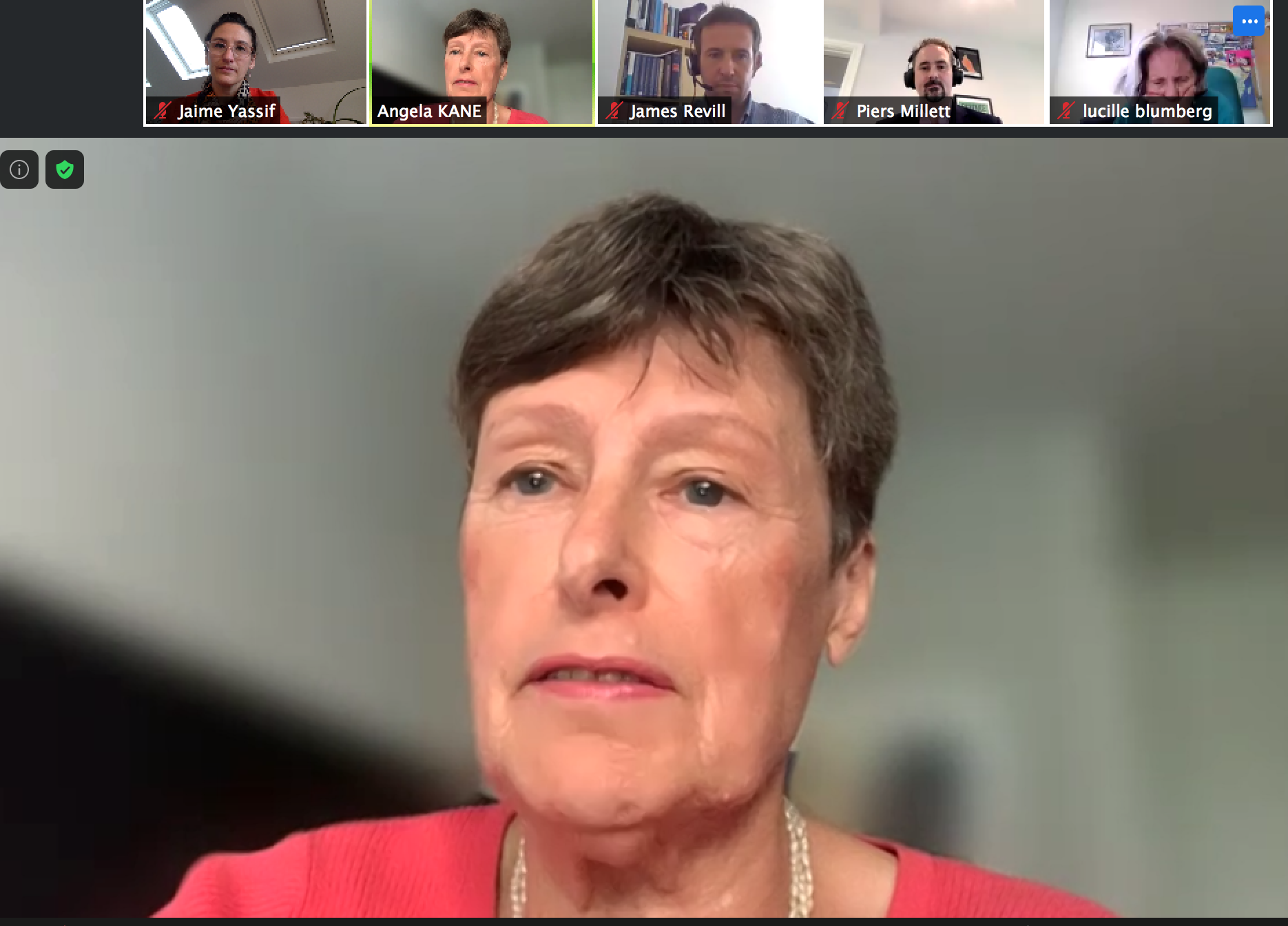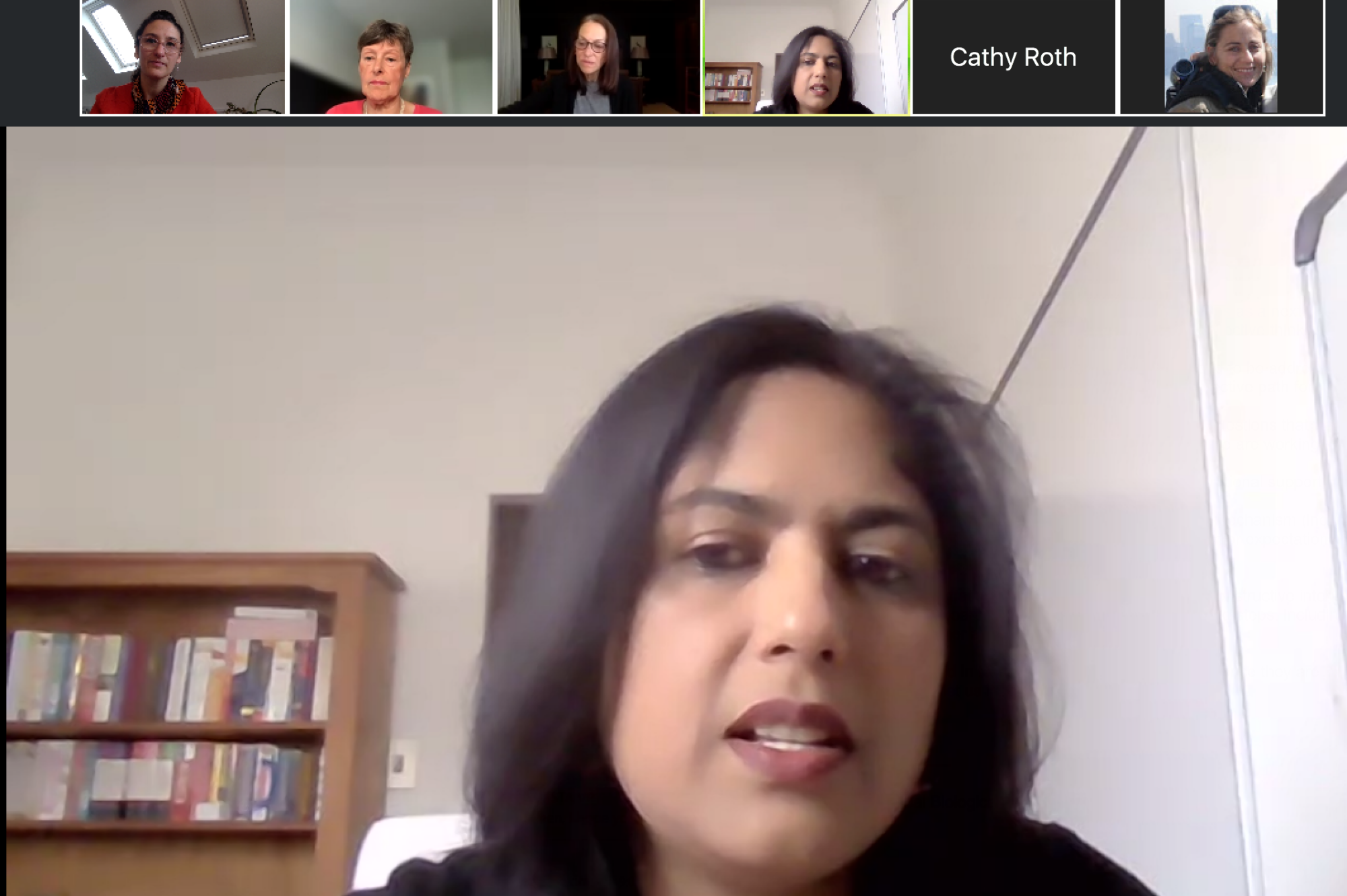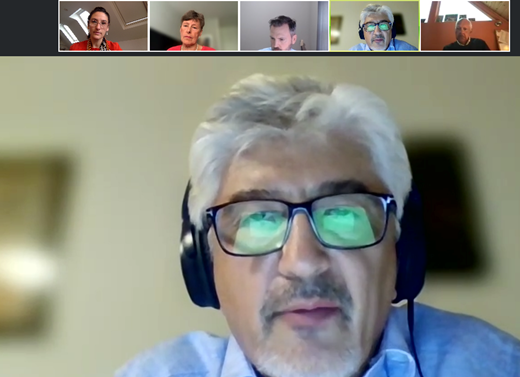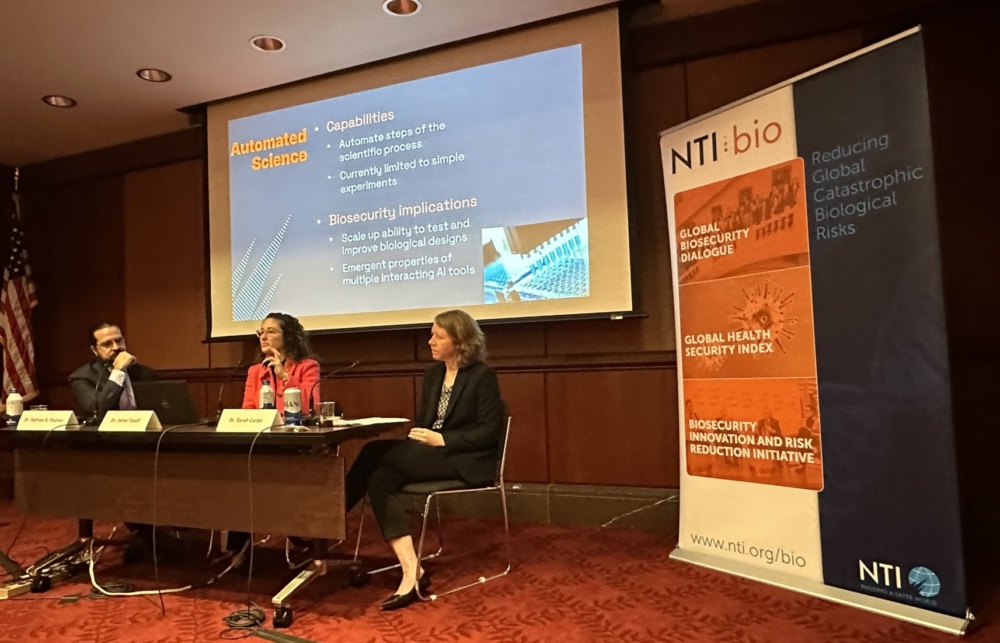NTI | bio convened a diverse group of international experts on July 29th and 30th to explore the prospect of a new, internationally credible “Joint Assessment Mechanism” to rapidly investigate high-consequence biological events of unknown origin. The virtual workshop included more than 40 participants from 19 countries and international organizations, encompassing a broad range of expertise—including public health, biosecurity, bioscience and biotechnology, non-proliferation and international diplomacy—who discussed actionable steps that the international community could take to develop this mechanism.
Ongoing uncertainty surrounding the source of COVID-19 has highlighted critical gaps in the global biosecurity architecture—including the ability to rapidly discern the source of emerging pandemics, which is critical to mitigating their effects in real time and protecting against future risks. NTI is focused on catalyzing the development of stronger international biosecurity and pandemic preparedness capabilities so the world is better prepared for future biological risks, which could meet or exceed the devastating impacts of COVID-19.
Workshop discussions explored the possibility of establishing a new Joint Assessment Mechanism—focusing on the scientific, technical, and logistical requirements for effective data collection during an assessment, as well as the policy and institutional considerations that will be critical for the credibility of such a mechanism in the eyes of the international community. Participants also noted the importance of addressing the gap at the “seam” between existing mechanisms—including the outbreak investigation capabilities of the World Health Organization, and the United Nations Secretary-General’s Mechanism, which has the authority to investigate alleged deliberate bioweapons use. As part of this discussion, they also highlighted the importance of incorporating, strengthening, and building upon these existing capabilities in developing any new mechanism.
The workshop was facilitated by NTI Interim Vice President, Dr. Margaret Hamburg, NTI’s new Sam Nunn Distinguished Fellow Angela Kane, and NTI | bio Senior Fellow Dr. Jaime Yassif.
NTI originally recommended the establishment of a new Joint Assessment Mechanism to investigate high-consequence biological events of unknown origin in the 2020 report, “Preventing Global Catastrophic Biological Risks.” The report was based on lessons learned from a senior-level tabletop exercise that was hosted in partnership with the Munich Security Conference, and highlighted the need to provide an internationally credible, swift, transparent, and science-based approach for prompt investigation when an outbreak occurs.
The workshop built on these findings, and the discussions revealed significant international interest in strengthening the capabilities of the UN system to rapidly assess the origins of high-consequence biological events—and support for NTI’s proposals to address this need. Based on expert feedback provided during the discussions, NTI will continue to refine the Joint Assessment Mechanism concept and engage stakeholders in the international community to continue advancing this goal.
This project is led by NTI | bio Senior Fellow Dr. Jaime Yassif, and supported by Program Assistant Chris Isaac and Events and Logistics Coordinator Amanda Cogan. Screenshots from the event are below.


